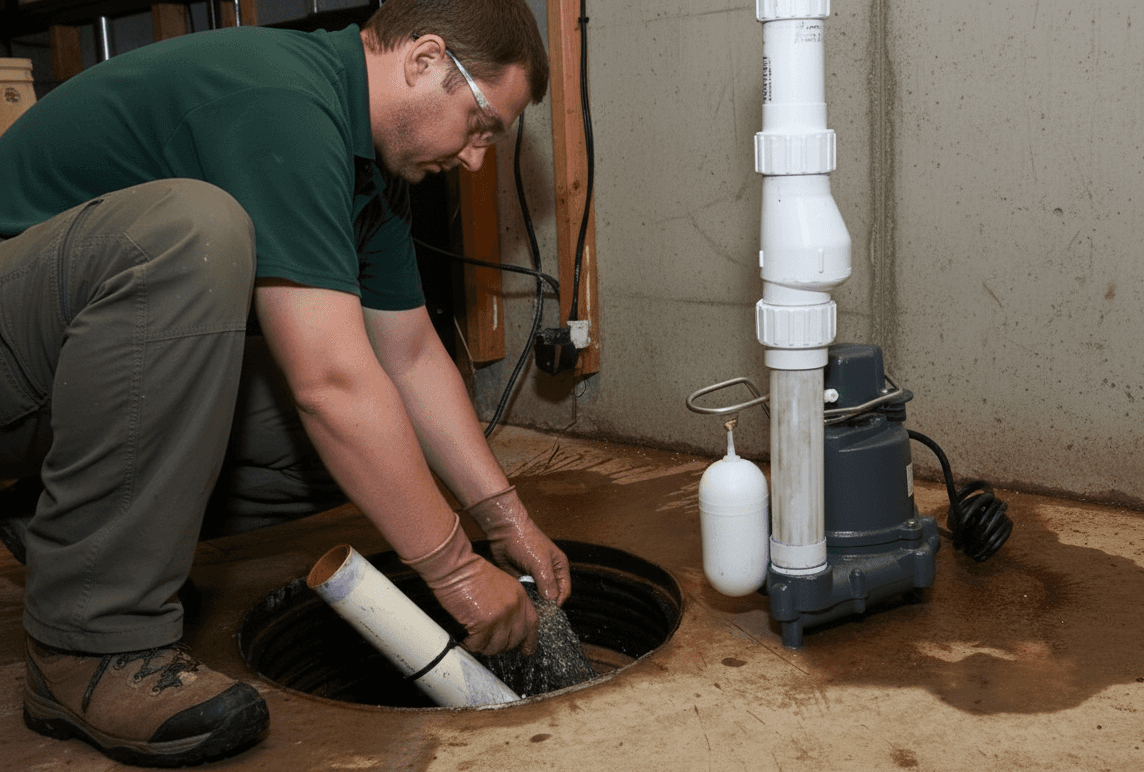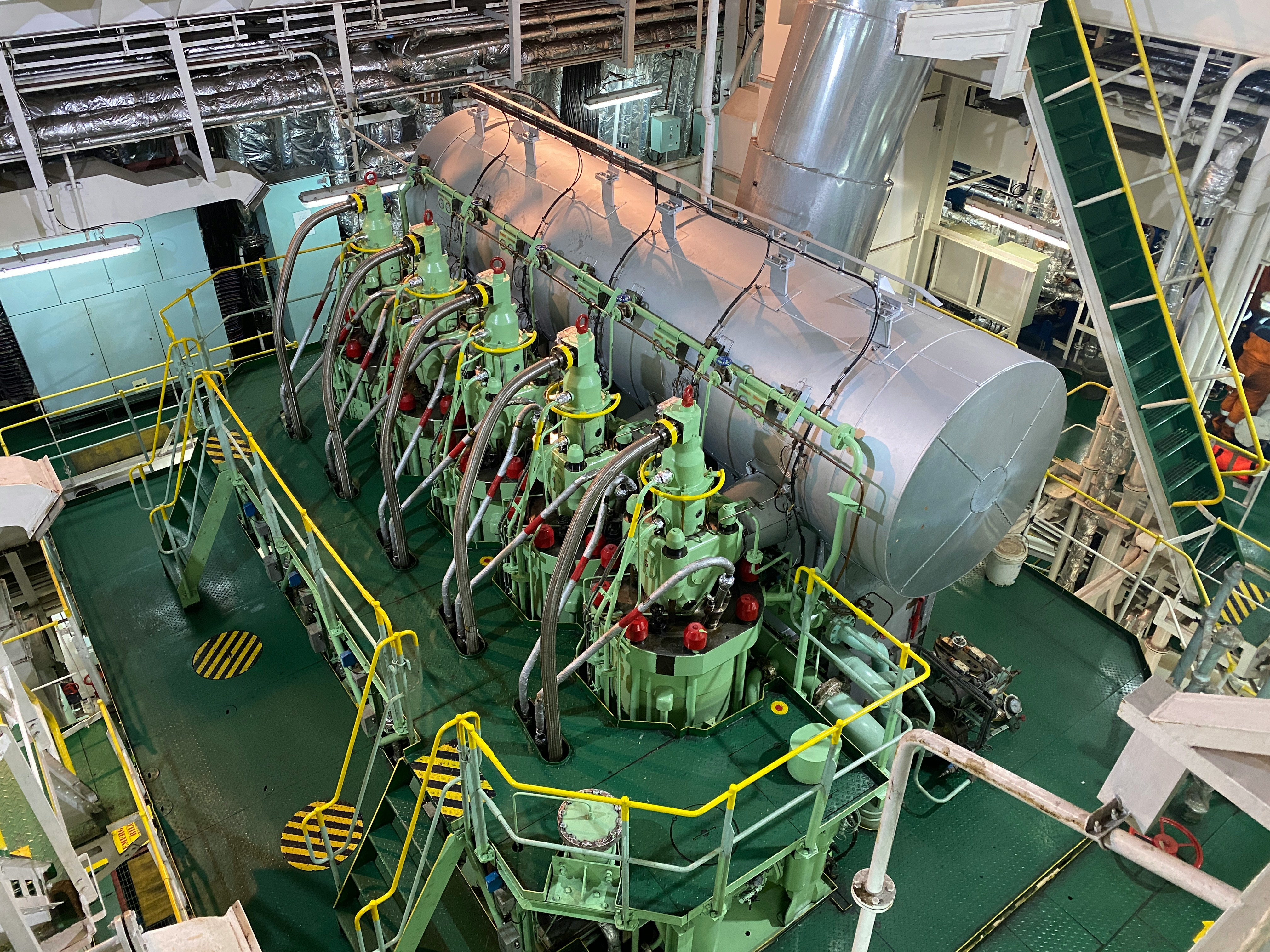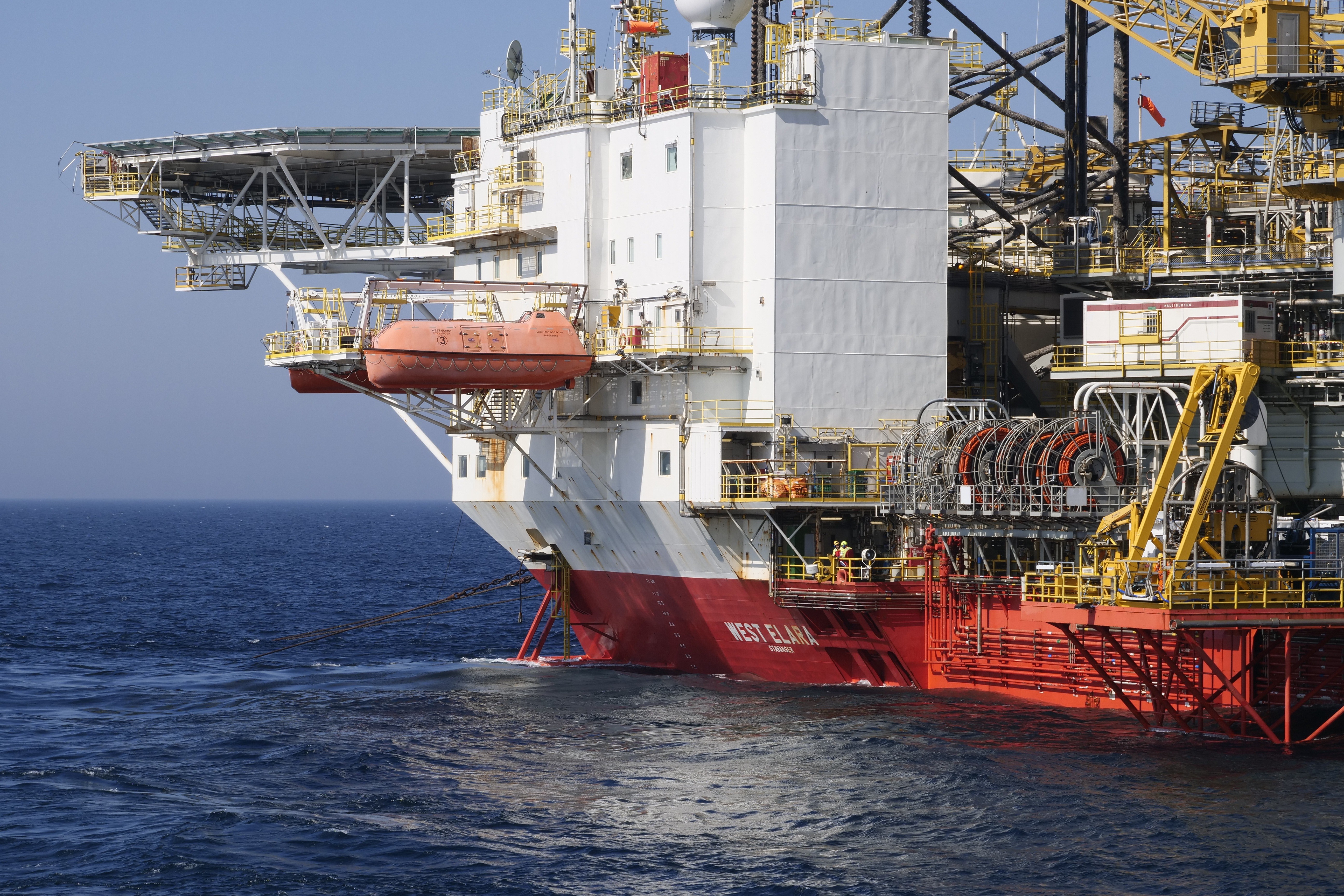Importance of preventive maintenance plan for marine engines
Dec 9, 2024
A preventive maintenance plan ensures that equipment, motors, systems, and parts are routinely cleaned, checked, and optimised to meet operational requirements. The goal is to detect problems early on–before they amount to expensive repairs or replacements.
Like cars, marine engines of boats, ships, or vessels need regular inspection and upkeep to ensure their reliability, safety, and performance. When things are kept in tip-top shape, they don't need to be fixed as often, minimising downtime, which saves time, effort, and money.
Marine engines have to work in tough situations as boats or ships are constantly exposed to weather, heat, and water–enduring harsh waves and constant vibrations. In these harsh environments, parts are prone to wear out faster if not properly maintained. We listed all the reasons why preventive maintenance plans for marine engines are of utmost importance.
1. Ensures the safety of crew and vessel
When you're in charge of a vessel, everyone’s safety is paramount. Regular maintenance is crucial to keeping staff, crew, and passengers safe. Essential operational systems must be checked to ensure they are always ready to use. This includes engines, navigation tools, fire suppression systems, and backup power sources.
Routine maintenance lowers the risks of marine engines and systems breaking down at the worst times, allowing you to protect the crew and the ship, which makes everyone on board feel safe.
2. Increases the longevity of marine engines
Engines work hard during travel, so wear and tear are unavoidable. However, routine maintenance, such as cleaning, lubricating, and replacing old parts, can keep marine engines operating smoothly for years. A preventive maintenance plan also decreases the likelihood of minor issues escalating into severe, expensive fixes.
Inspections are critical to the process. Checking for symptoms of corrosion, leaks, or worn components can help avoid breakdowns before they occur. Engine health is maintained through filter replacement, lubrication, and alignment.
3. Enhances operational efficiency
A well-maintained marine engine performs better and utilises gasoline more efficiently. Over time, even minor issues such as dirty filters, damaged parts, or misaligned components can force the engine to work harder, increasing fuel consumption.
Another benefit of preventive maintenance plans for marine engines is that they help you avoid sudden breakdowns or shutdowns. Unexpected engine failures can hinder productivity and work, causing delays, missed targets, and higher costs. Routine maintenance tasks like greasing parts, changing filters, and checking for leaks ensure the marine engine’s operational efficiency, minimising downtime.
4. Compliance with maritime regulations
Marine engines must adhere to stringent international requirements to assure safety, environmental preservation, and dependability. Organisations like the International Maritime Organisation (IMO) and standards like SOLAS (Safety of Life at Sea) specify engine maintenance, safety checks, and environmental impact. Failure to comply with these criteria can result in fines, legal troubles, and potentially the suspension of licenses and operations.
Preventive maintenance plans can certify that your vessels fulfil the required criteria of regulating authorities. This allows you to avoid penalties and the high cost of unforeseen breakdowns that could result in safety violations or ecological damage.
5. Avoids fines and penalties
Proactive maintenance plans help to lower the cost of repairs by addressing minor issues before they become major problems. Rather than waiting for your marine engine to fail, gain peace of mind by prioritising regular inspections and servicing to guarantee its top performance. Moreover, you can save on emergency service fees or premium pricing for expedited part orders.
Another key cost-cutting benefit of preventive maintenance plans is reducing downtime. When a vessel is out of service due to an unforeseen breakdown, it causes delays, lost income, and, in certain cases, contractual penalties. Preventive maintenance helps to avoid these interruptions by keeping the engine functional and lowering the possibility of unexpected malfunctions. Over time, a systematic maintenance plan saves money on repairs, replacements, and overhauls while ensuring more predictable operating expenses.
6. Boosts reputation
Those with ships and boats in the commercial or industrial sectors know that stakeholders are more likely to trust and invest in your business if it runs easily, meets deadlines, and has no delays. To ensure your marine engines work perfectly on every trip, you must follow preventive measures. Problems that could keep customers waiting or cause freight delays are less likely to happen with responsible maintenance.
Being reliable makes clients more confident and happy. People like to do business with companies they can trust. Customers who see that your services are well-kept and reliable are more likely to come back and recommend your business. Preventive maintenance plans show that you care about your customers, employees, and resources, which builds a strong brand image.
7. Reduces environment impact
Keeping engines in good shape helps reduce harmful pollution. Some pollutants are released into the environment when an engine doesn't burn fuel efficiently. Making sure the engine works right means cleaning it regularly, lubricating it properly, and replacing parts whenever necessary. This is good for the environment and may help engines use less fuel, saving money in the long run.
The International Maritime Organisation (IMO) and other groups have strict rules about handling emissions and waste. Keeping up with maintenance is the best way to ensure your engines meet these standards and stay out of trouble. Using cleaner fuels or keeping filters and exhaust systems in good shape are examples of eco-friendly practices that show you care about the environment.
Key elements of a preventive maintenance plan

A good preventive maintenance plan covers several important areas to keep your marine engines in top condition. Each element ensures reliability, efficiency, and safety.
Regular inspections
Regular inspections are vital for identifying potential problems before they worsen. These should be scheduled weekly, monthly, and annually, with more thorough examinations at regular intervals. Weekly inspections may focus on fundamental tests such as fluid levels and apparent indicators of wear. Monthly checks may involve checking filters, belts, and seals. Annual checks should thoroughly examine the engine's internal components and overall system functioning.
Routine maintenance tasks
Routine actions help your engine run smoothly and effectively. This involves lubricating moving parts regularly to reduce friction and wear, cleaning components to prevent dirt buildup, and replacing filters and old parts when necessary. These simple actions may not appear vital on their own, but when combined, they dramatically lengthen the life of your engine. Following manufacturer specifications for these duties guarantees that everything is completed correctly and on time.
Emergency response plan
Even with the best preventive maintenance, breakdowns can still happen. An emergency response plan helps you handle these situations quickly and efficiently. The plan should outline steps to identify the problem, assign repair tasks, and get the necessary parts or help. Having a clear process in place reduces downtime and ensures repairs are carried out as smoothly as possible. Quick action can make all the difference between a minor issue and a costly delay.
Record-keeping
Responsible record-keeping is crucial to monitor the performance and compliance of marine engines. You can keep track of the engine’s health over time by logging all the checks, repairs, and part replacements done on your vessel. These records can help you plan future maintenance by showing you trends or problems that keep happening. Digital systems and records of repair make sure that everything is properly recorded and easy to find when it's needed. The right paperwork can also help show that you're following marine laws, and it can be useful during inspections.
Ready to optimise your vessel’s performance?

Automech Marine understands the necessity of preventive maintenance plans for marine engines. Our skilled staff ensures the safety and efficiency of ships, boats, or vessels, regardless of size, whether they belong to the private, commercial, or industrial sectors. We're here to help you with routine checkups, emergencies, and compliance.
Contact us today to learn how we can help you maintain your vessel’s performance and avoid costly downtime with a tailored and comprehensive preventive maintenance plan.





